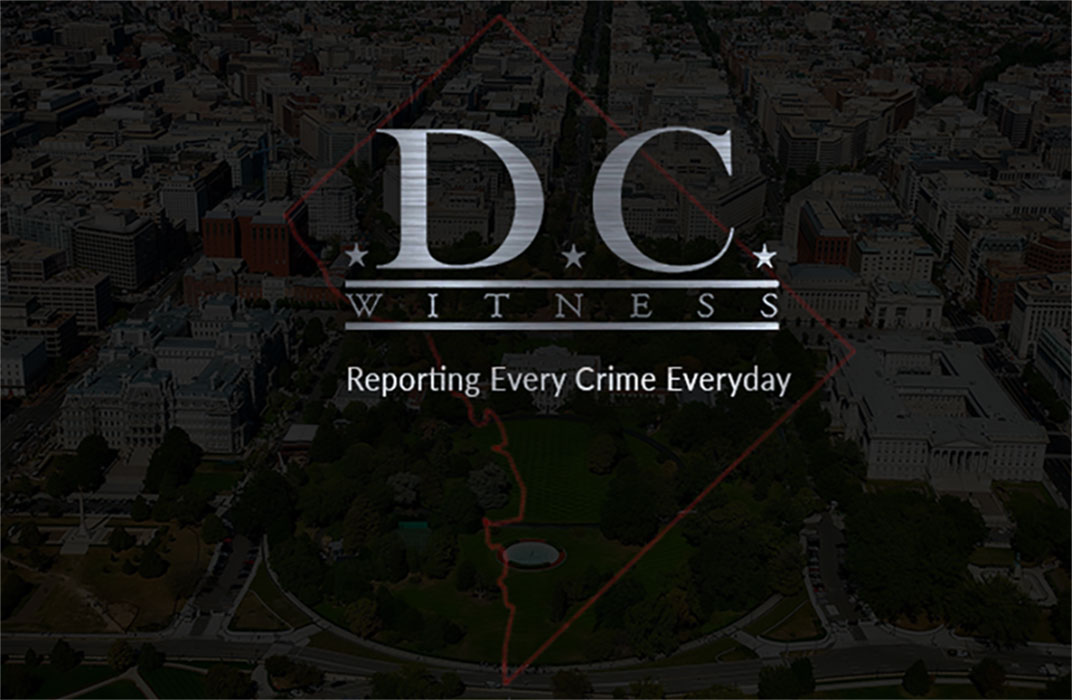
Thank you for reading D.C. Witness. Help us continue our mission into 2024.
Donate NowBy
Anthoine Godin
, Audrey Staudacher - January 30, 2024
Non-Fatal Shooting
|
Donnell Tucker was acquitted of all charges on Jan. 31, 2024.
On Jan. 30, attorneys gave their closing statements in regards to a non-fatal shooting case in DC Superior Judge Robert Salerno’s courtroom.
Donnell Tucker, 27, is charged with one count of aggravated assault knowingly while armed, one count of burglary while armed, two counts of possession of a firearm during a crime of violence, one count of threatening to kidnap or injure a person, and one count of conspiracy for his alleged involvement in a non-fatal shooting that occurred on March 28, 2023, on the 3400 block of 13th Place, SE.
On Nov. 6, 2023, Tucker’s mother, Tiaquana Chandler, 42, was convicted on conspiracy in connection to the shooting. She was acquitted of four other charges: first-degree burglary, assault with significant bodily injury while armed, soliciting a violent crime, and additional possession of a firearm during a crime of violence.
In their closing statement, the prosecution asked the jury to find Tucker guilty of all charges, arguing that the victim and an eyewitness identified him as the shooter during the attack. They added that Tucker’s birth certificate proved Chandler had a son named Donnell Tucker Jr. that matched the name and birthdate of an identification card belonging to the defendant, and matched the description given by witnesses.
Furthermore, the eyewitness testified to hearing the shooter shout, “Why’d you hit my mother?” while assaulting the victim.
Prosecution argued that inconsistent eyewitness testimony was a result of a language barrier that caused confusion during questioning. They provided police interrogation footage occurring right after the incident, where the eyewitness was “scared to the point she had to catch her breath” but was able to identify Chandler as one of the perpetrators.
“The only fair and just conclusion is to find him guilty,” prosecutors insisted.
In her closing statement, Tucker’s defense attorney, Marnitta King, focused on the description of the shooter according to witness testimony. King claimed “the only thing [the prosecution] has is the lineage” in response to Tucker’s birth certificate.
King rejected the prosecution’s assertion of a language barrier as the reason for the eyewitness’ testimony being “all over the place.” King held that the eyewitness “never changed her testimony,” in claiming Tucker was not the shooter.
She went on to assert that, according to eyewitness testimony, descriptions of the shooter’s height, hair length, and skin complexion did not match Tucker. In addition, photos of Tucker’s neck revealed no tattoo, which the eyewitness testified the shooter had.
King pointed out that even as witnesses testified in court, “no one, at any time, pointed to the defendant in this courtroom,” to identify him as the shooter, including the victim. The existence of Tucker’s birth certificate did not prove his involvement, according to King, and she held that “Tiaquana’s son” did not mean the defendant was the only child of Chandler’s.
In concluding her argument, King reminded the jury that the burden of proof falls on the prosecution. She asked the jury to “look at what evidence [the prosecution] didn’t present.” King asked, “Where’s the DNA evidence?” in observing the strongest evidence presented by the prosecution was limited past proving Tucker’s identity.
Prosecution finished with a rebuttal, claiming the victim suffered serious head trauma that could impact memory of the shooter’s appearance. They reiterated that there is no evidence of Chandler having other children in DC and that Chandler’s address was listed on Tucker’s identification card, implying they lived together.
With the conclusion of closing statements, the jury was presented with the case.
Follow this case